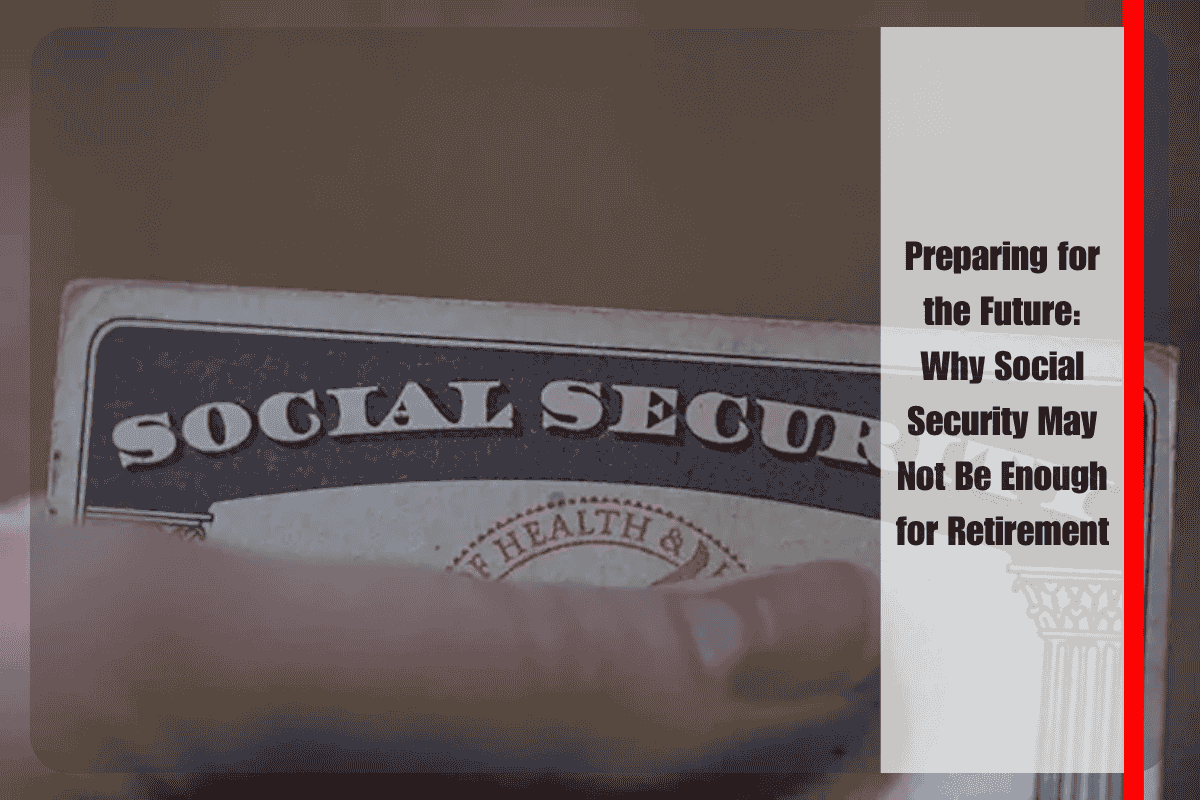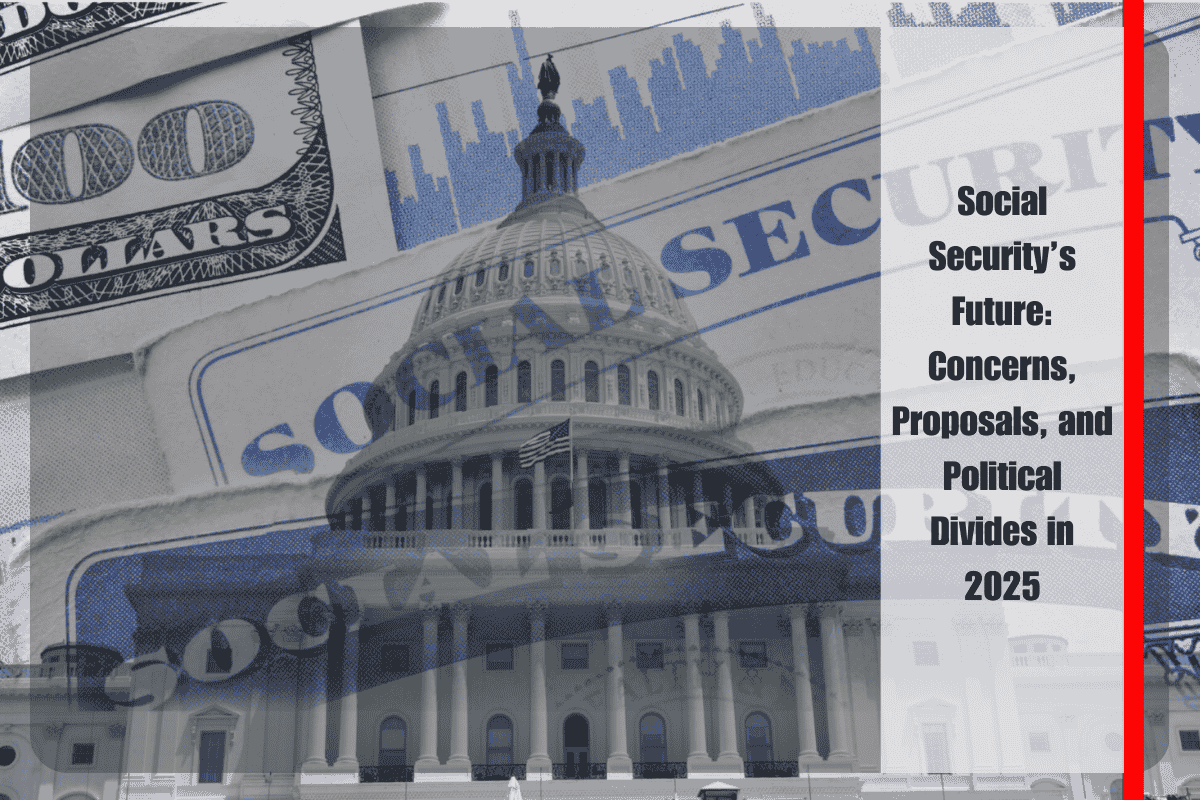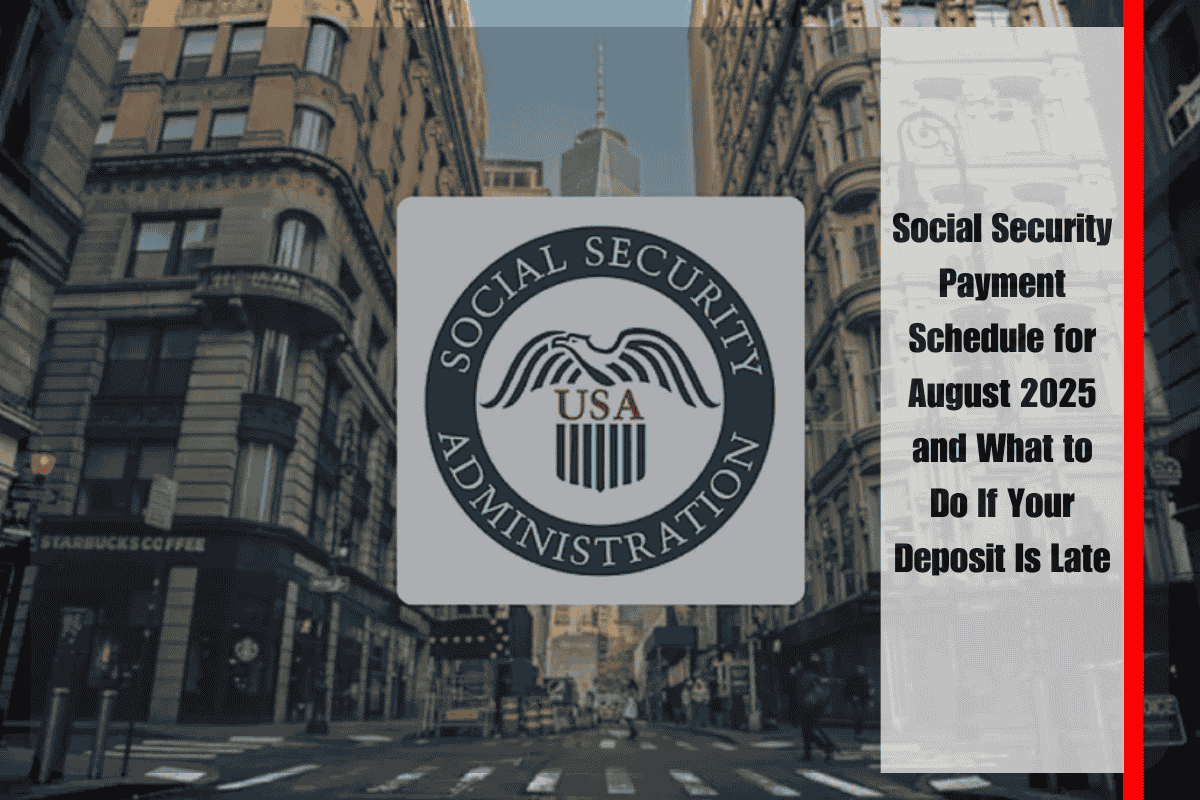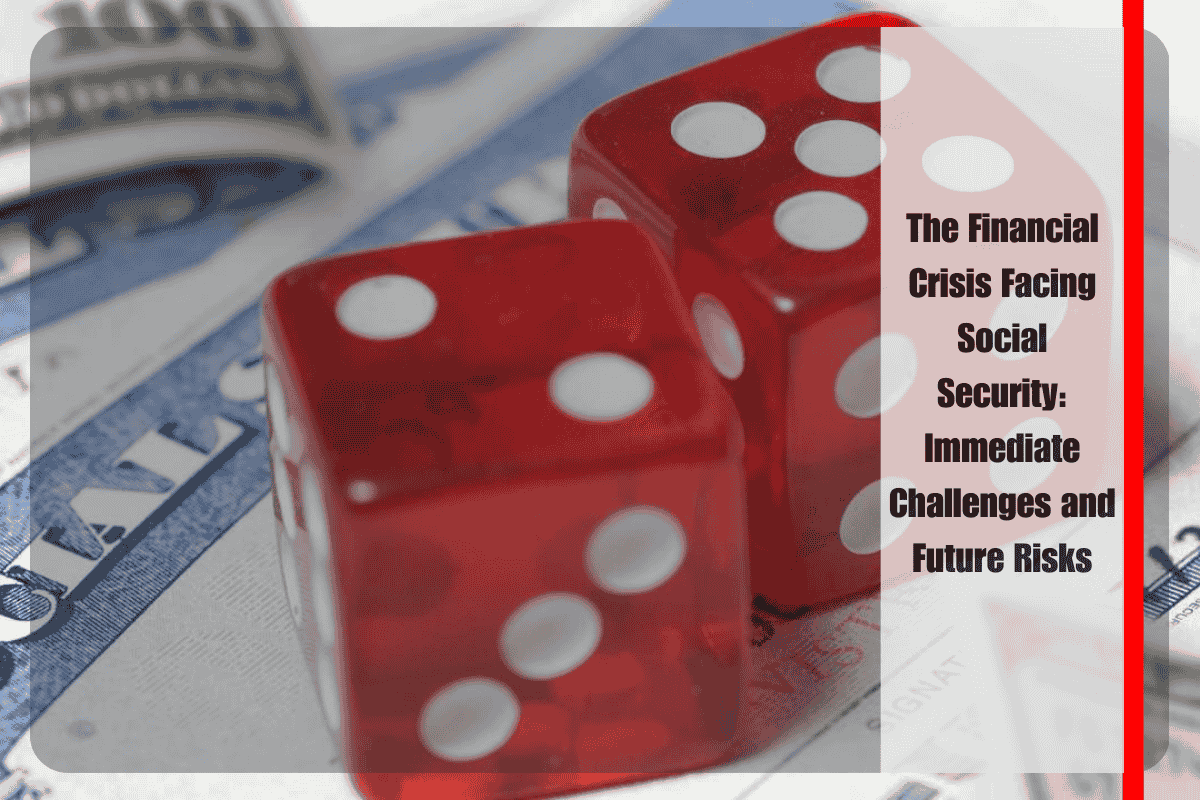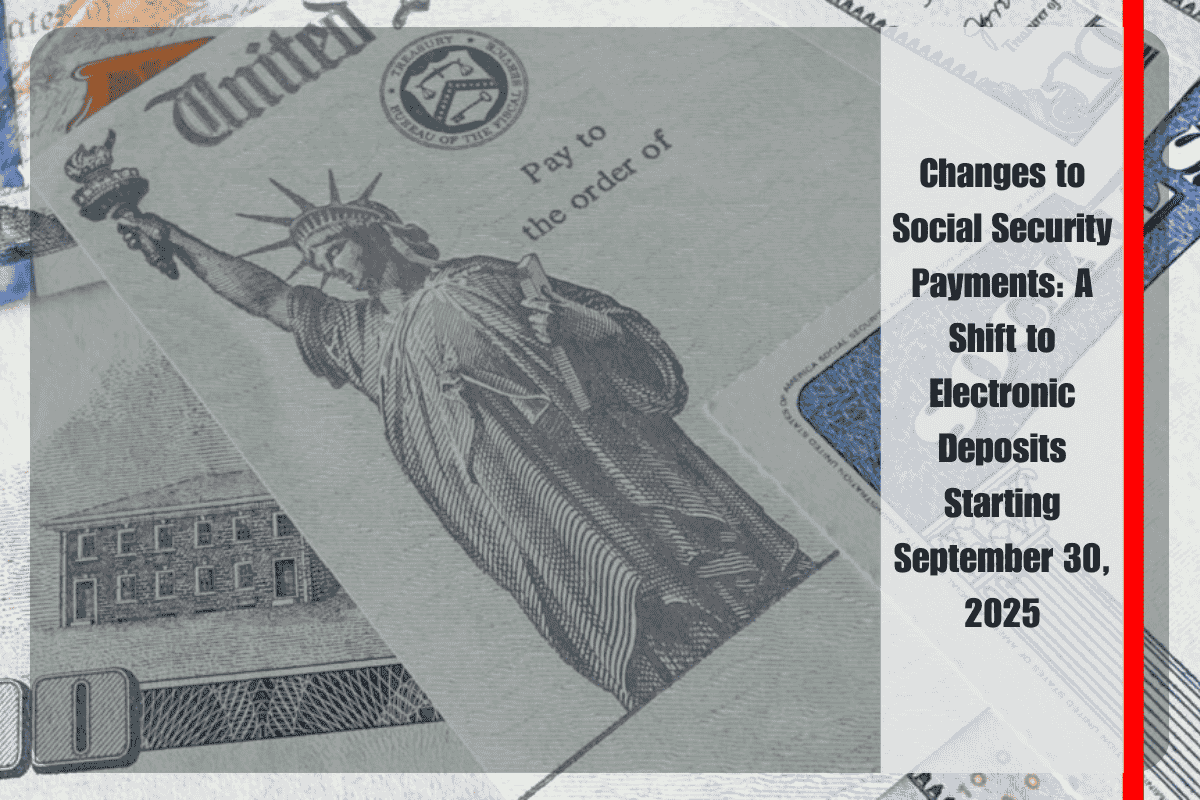For many Americans, Social Security has long been a crucial financial lifeline during retirement. However, recent warnings about the program’s long-term sustainability are becoming increasingly urgent. According to the latest report from the Social Security Board of Trustees, the program’s trust funds could be depleted by 2034. If this happens, benefits may be reduced unless Congress takes action.
What Happens If Social Security Funds Run Out?
The idea of Social Security “running out” doesn’t mean payments will stop entirely, but without reform, only about 80% of scheduled benefits would be payable starting in 2034. This is because payroll taxes collected from current workers would only cover a portion of the promised payouts. For those in their 40s, 50s, or younger, this shortfall could make a significant dent in retirement income, especially if you were relying on full Social Security checks.
Building a Plan Beyond Social Security
Given these concerns, financial experts strongly urge Americans to consider building a diversified income plan beyond just Social Security. One of the most reliable and effective ways to build long-term wealth is through employer-sponsored retirement accounts like 401(k)s. Many employers offer to match contributions up to a certain percentage, which is essentially free money. Failing to take full advantage of this match could mean missing out on tens of thousands of dollars over time.
Another important option is opening an Individual Retirement Account (IRA). With a traditional IRA, your contributions grow tax-deferred, while a Roth IRA allows your funds to grow tax-free and offers tax-free withdrawals in retirement. The type of IRA you choose should depend on your income level and tax situation.
Investing for the Future
Beyond retirement accounts, another effective strategy for wealth building is investing in the stock market. Diversified index funds or exchange-traded funds (ETFs) often yield much higher returns over the long term compared to simply saving cash in a low-interest bank account. While investing in the stock market carries some risk, long-term data shows that equities tend to outperform inflation and grow wealth over time.
For those who are wary of the stock market, real estate is another solid investment option. Whether through rental properties or Real Estate Investment Trusts (REITs), real estate provides an opportunity to generate passive income and build equity. As housing demand grows across many regions, real estate remains a viable hedge against inflation and economic uncertainty.
Side Hustles and Entrepreneurial Ventures
In addition to traditional investments, the gig economy and digital platforms have made it easier than ever to earn extra income through side hustles or entrepreneurial ventures. This extra income can be wisely invested and used to support you during retirement, especially if Social Security becomes less dependable.
Health Savings Accounts (HSAs) and Budgeting
Another often-overlooked tool is the Health Savings Account (HSA). If you’re enrolled in a high-deductible health plan, an HSA allows you to contribute pre-tax money, grow it tax-free, and withdraw it tax-free for medical expenses. Once you reach age 65, HSA funds can also be used for non-medical expenses without penalty (though ordinary income tax would apply). HSAs provide a great way to save for both medical and non-medical expenses in retirement.
Lastly, budgeting and debt reduction should be core components of any financial strategy. Reducing debt means less of your income goes toward interest payments, leaving more for savings or investments. This can have a huge impact on your financial future.
As Social Security faces long-term sustainability challenges, it’s crucial to look beyond government benefits and focus on diversified income strategies. By taking advantage of retirement accounts, investments, and other savings options, you can ensure a more secure financial future. While the road ahead may seem uncertain, preparing today can help you weather any economic changes and protect your financial well-being in retirement.
